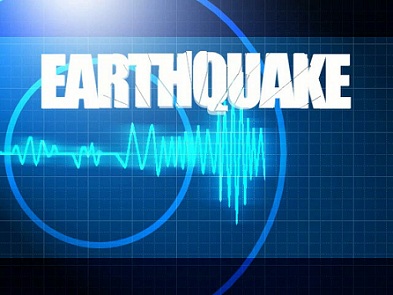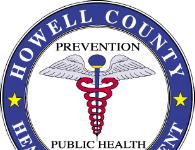February is the time we routinely recognize Earthquake Preparedness Month in the Central U.S., as a reminder of the powerful earthquakes that occurred on the New Madrid fault zone from 1811-1812.
Recent events, including the magnitude 4.5 earthquake that struck in neighboring Hutchinson, Kansas last month, are a reminder that all 50 states and U.S. territories are at risk for an earthquake. While higher risk areas in the United States include California, Oregon, Alaska, and the Mississippi Valley; we should all be prepared. For Missourians that live in the Bootheel and throughout eastern Missouri, especially along the New Madrid fault, this message is of special importance for you.
While we may not know where, when, or how large an earthquake will be, there are things you can do now to reduce the physical and financial risk of earthquake damage for yourself, your family, and your property. I encourage everyone to visit Ready.gov for earthquake preparedness tips on preparing before, keeping safe during, and recovering after an earthquake. Some tips for preparedness include:
- Practice Drop, Cover, and Hold On with family and coworkers.
- Secure heavy items in your home like bookcases, refrigerators, televisions, and objects that hang on walls. Store heavy and breakable objects on low shelves.
- Create a family emergency communications plan that has an out-of-state contact. Plan where to meet if you get separated.
- Make a supply kit that includes enough food and water for at least three days, a flashlight, a fire extinguisher, a whistle, and sturdy shoes. Consider each person’s specific needs, including any medications. Have extra batteries and charging devices for phones and other critical equipment.
- Do not forget the needs of pets and service animals.
Another critical part of planning and recovery comes from having the right insurance. I encourage homeowners and renters to check their insurance coverage. Many standard homeowner’s insurance policies for our area do not cover earthquake damage. Keep in mind, there are several factors to consider when deciding whether you should get earthquake insurance including understanding your risk. If you are not insured against an earthquake, or unsure if you require a policy, talk to your insurance agent about the benefits of an earthquake insurance policy in your area.
I encourage everyone to take steps now to prepare and practice for an earthquake. Knowing what to do can make a real difference in your ability to take immediate and informed actions. Visit Ready.gov for more information on earthquake preparedness, and check out the valuable resources available to prepare for other disaster situations. Awareness of the hazards and planning for an event are the best ways to prepare your actions before, during, and after a disaster. #Preparedness will help minimize the effects on your family and property.







